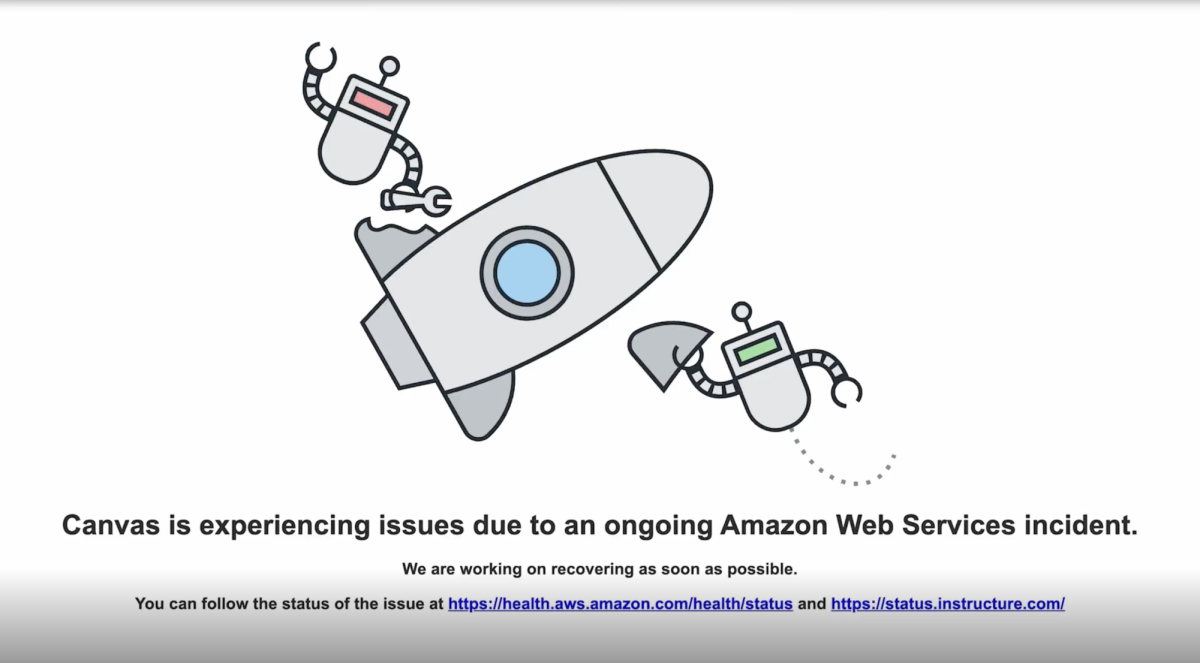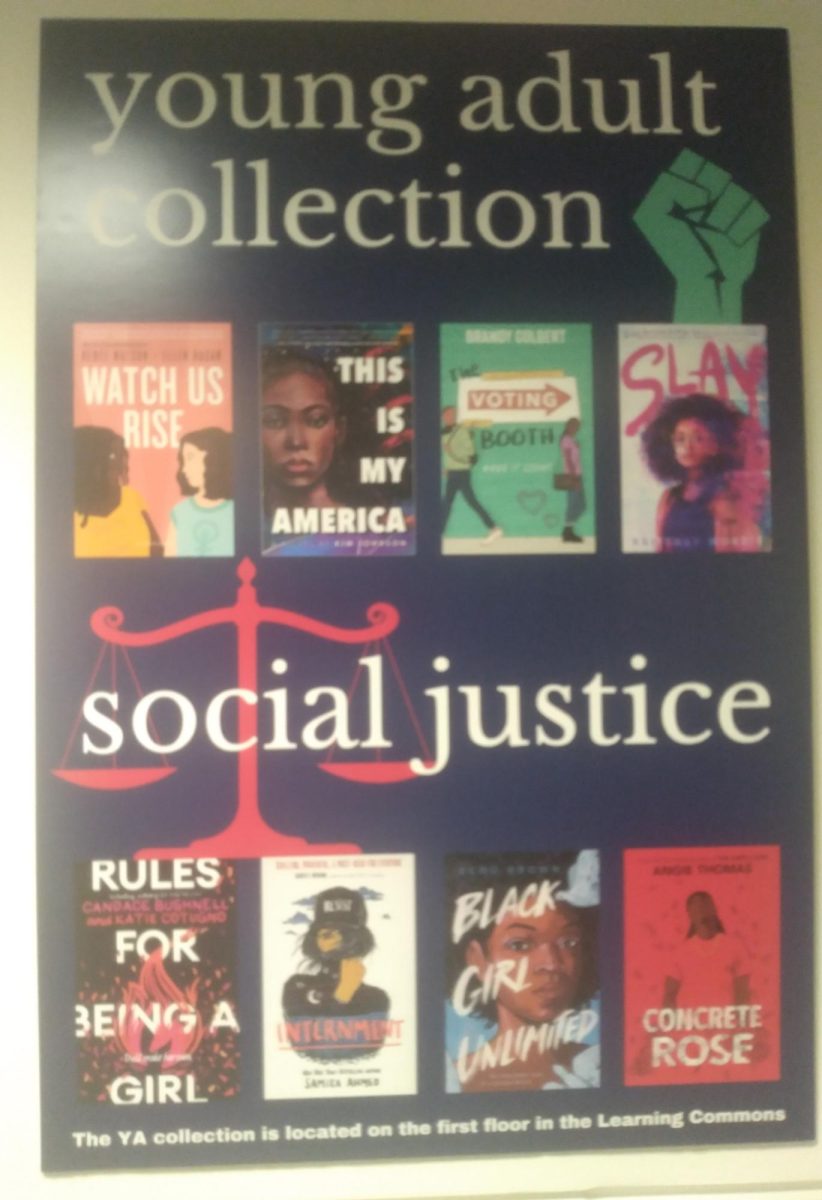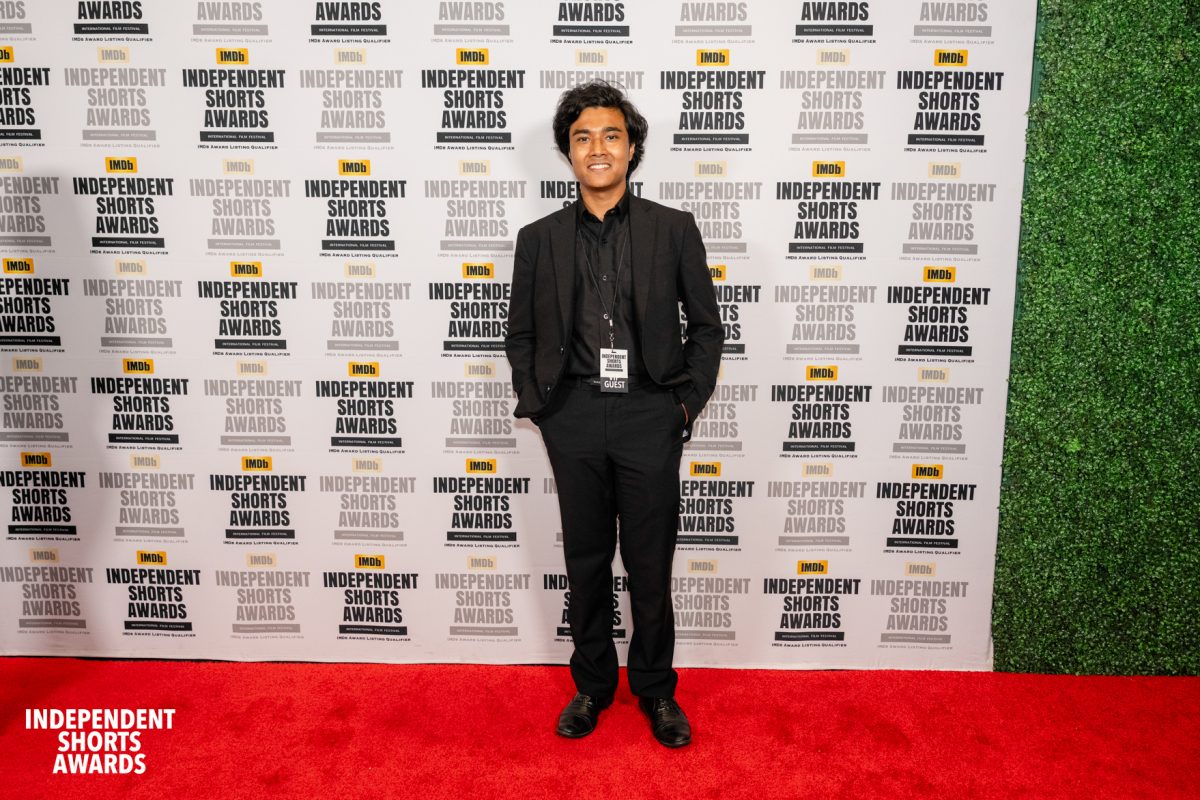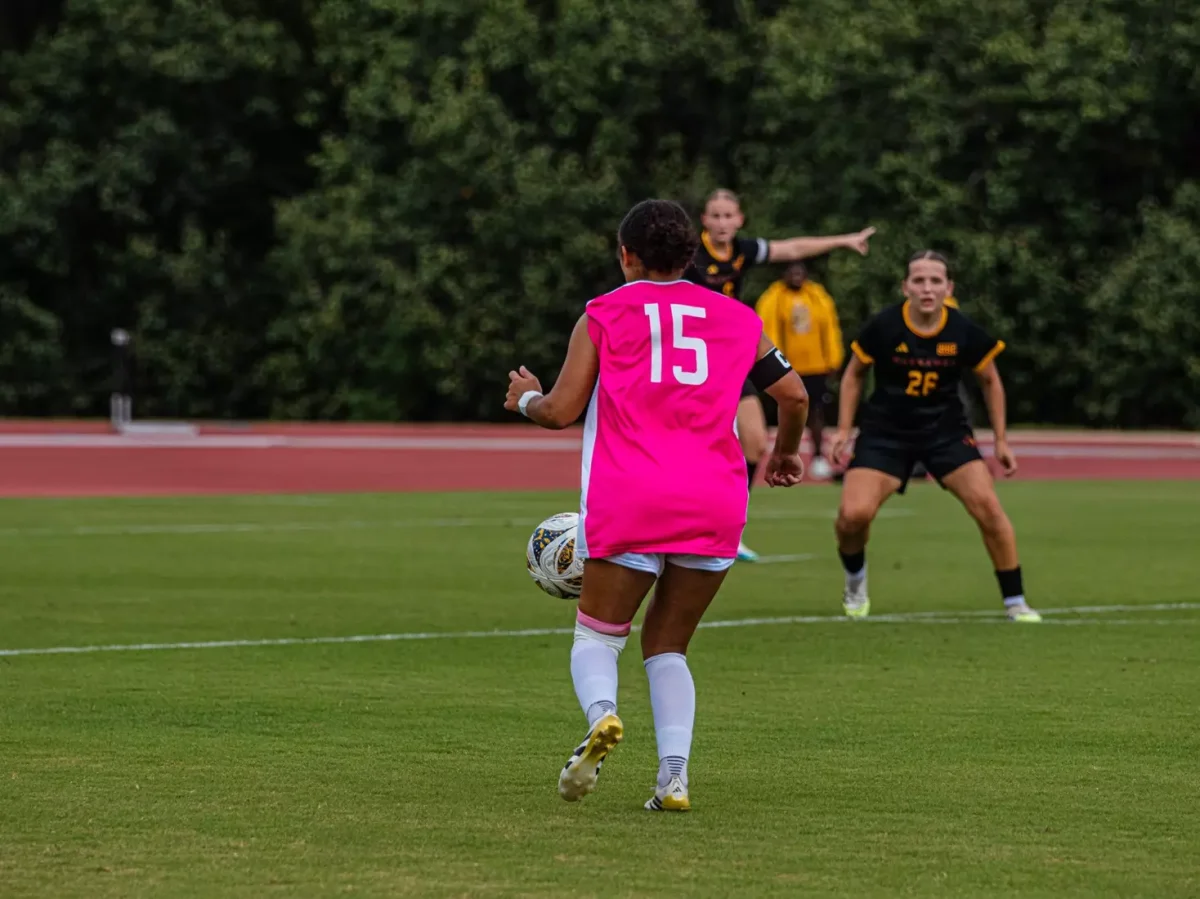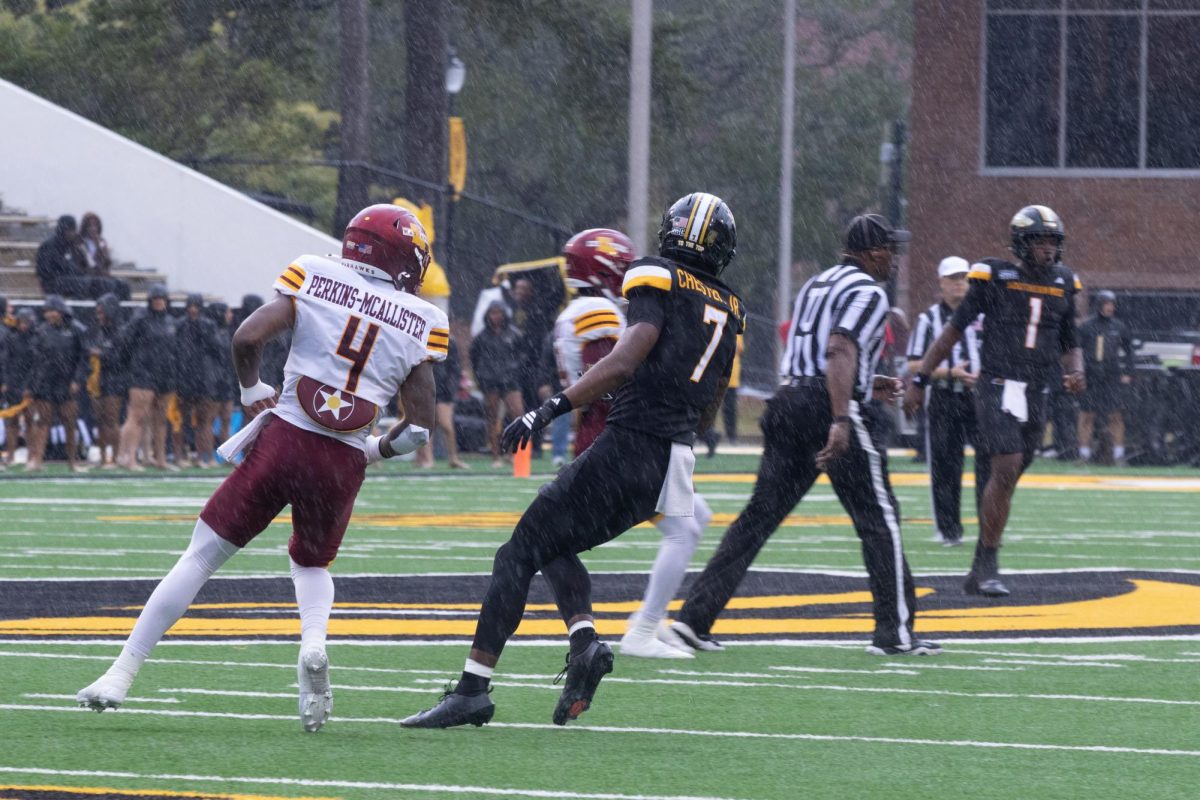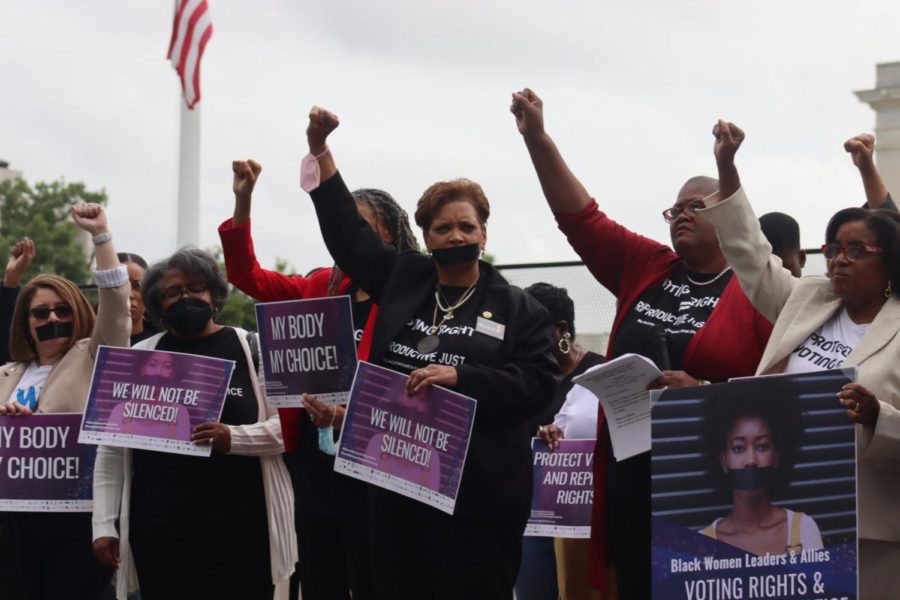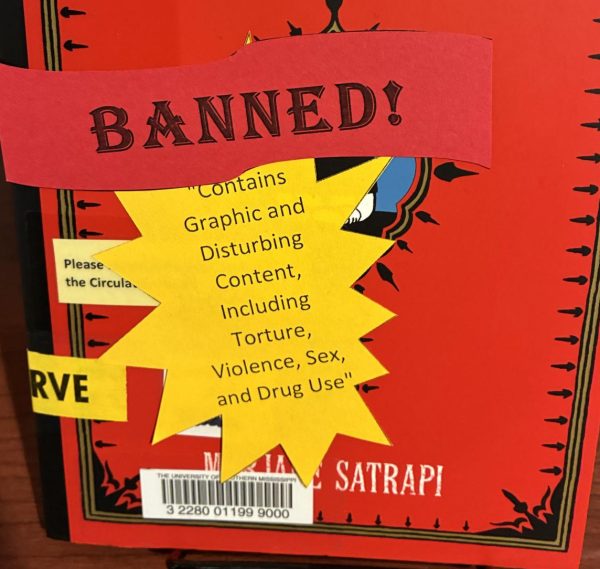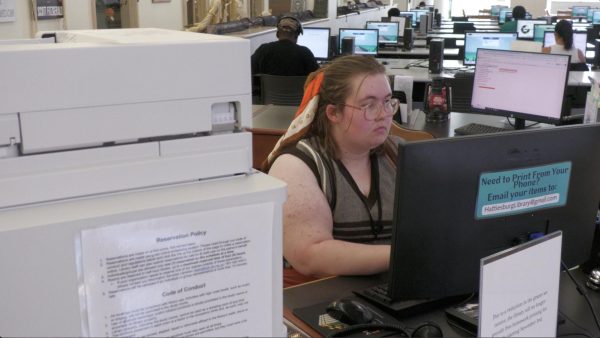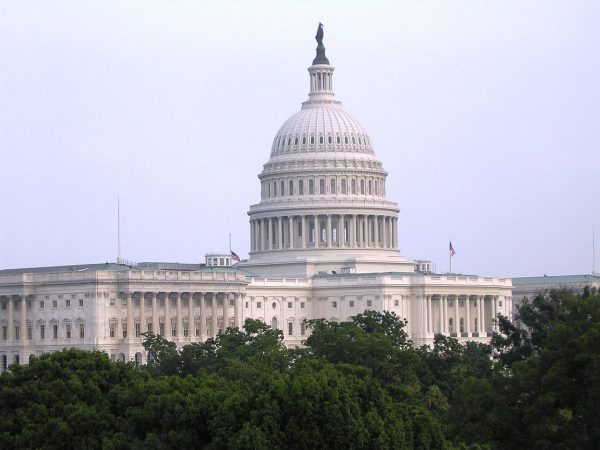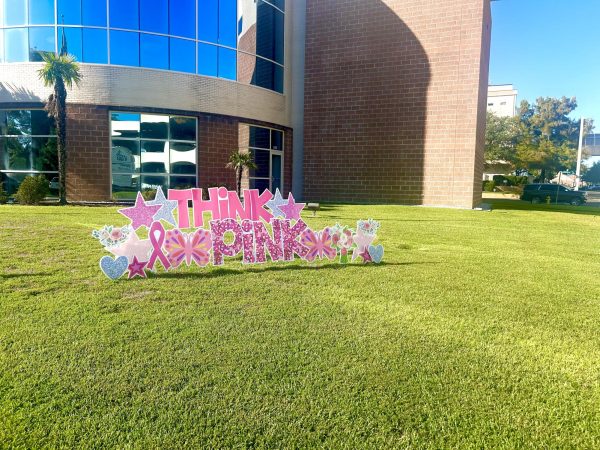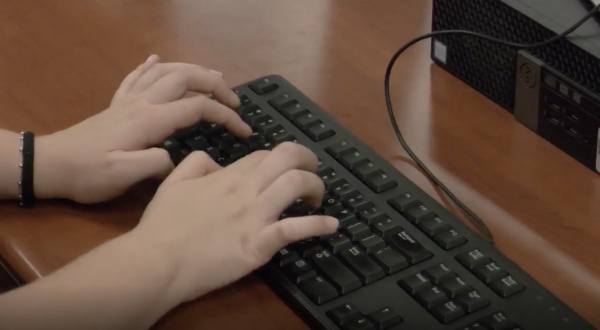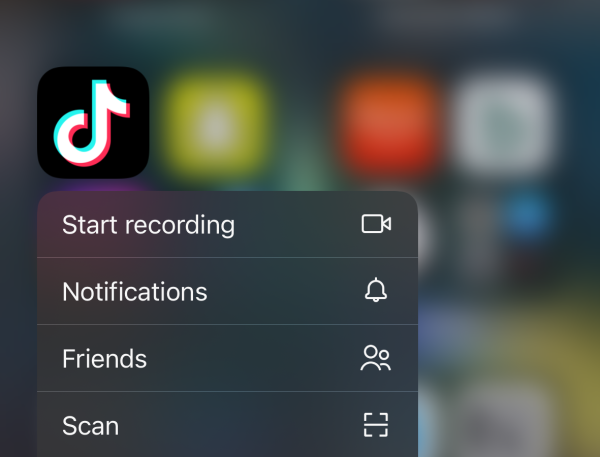Anti-Abortion ban of U.S. Supreme Court’s effect on Mississippi
Protesters gathered outside of U.S. Supreme Court

On Friday June 24, the United States Supreme Court voted in favor of overturning Roe vs. Wade. With new laws across the country slowly being integrated into societal norms, U.S. citizens are forced to come to terms that abortions will become illegal in most states.
Roe v. Wade (1973) was a landmark case in U.S. history as the Supreme Court ruled that the Constitution of the United States had the authority to protect pregnant women’s liberties to choose whether or not to have an abortion.
Previously, Mississippi’s abortion law allowed abortions up to 15 weeks gestation. The U.S. Supreme Court’s ruling in Dobbs v. Jackson Women’s Health is now over and Mississippi’s only abortion performing clinic’s fate is unknown.
According to the Guttmacher Institute, The rate of abortions in Mississippi was 4.3 abortions occurring in the state per 1,000 reproductive-age women in 2017– one of the lowest in the country. The rate of Mississippians receiving abortions was 8.3 per 1,000 reproductive-age women, indicating that many Mississippians have already been seeking abortions out of state.

The 6-3 ruling was written by Associate Justice Samuel Alito, in addition to Associate Justices Amy Coney Barrett, Neil Gorsuch and Clarence Thomas. Thomas and Associate Justice Brett Kavanaugh’s opinions coincided. All 5 judges are Republican affiliates.
“The Constitution does not confer a right to abortion; Roe and Casey are overruled; and the authority to regulate abortion is returned to the people and their elected representatives,” the ruling read.
Democratic affiliated Associate Justices Stephen Breyer, Sonia Sotomayor and Elena Kagan opinions differed from the latter..
“With sorrow—for this Court, but more, for the many millions of American women who have today lost a fundamental constitutional protection—we dissent,” they wrote.”
Mississippi also has a trigger law in place, requiring certification from state Attorney General Lynn Fitch before going into effect.

Under this law, abortion is banned, unless a pregnant person’s life is in danger or the pregnant person is a victim of rape and has reported the incident to law enforcement. According to the Guttmacher Institute, anyone who performs or attempts to perform an abortion will be charged with a felony punishable by a fine of up to $100,000, up to 10 years in prison, or both.
Mississippi Governor Tate Reeves agrees with the Supreme Court’s decision to ban abortions.
“It is a joyous day!” Reeves said in the statement. “Tomorrow, we will wake to a new world, enthusiastically prepared to take on the challenges ahead and to take every step necessary to support mothers and children.”
Mississippi’s senior U.S. Sen. Roger Wicker released a statement in regards to the ruling, describing it as a “momentous day for our nation.”
Unlike Reeves and Wicker, many are not happy with this ruling.
Some say that the ruling inconspicuously targets those of black, brown minorities and underprivileged areas. Those areas may have a lack of reproductive healthcare and/or information regarding safe sex practices and preventative measures.

Michelle Colón, co-founder and executive director of abortion rights group SHERo, (Sisters Helping Every Woman Rise and Organize), an organization dedicated to reproductive justice for black and brown women in Mississippi released a statement against the decision.
“Today’s decision is expected, but no less devastating,” Colón said. “Abortion access is essential to reproductive justice and the human right to bodily autonomy particularly in Mississippi where this case was decided and where anti-abortion laws have already hurt Black folks the most. But even with today’s decision, the courts do not decide our destiny — we do.”
Your donation will support the student journalists of University of Southern Mississipi. Your contribution will allow us to purchase equipment and cover our annual website hosting costs.





